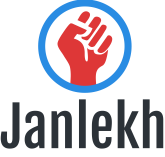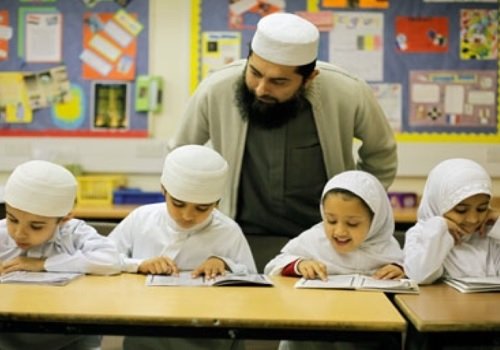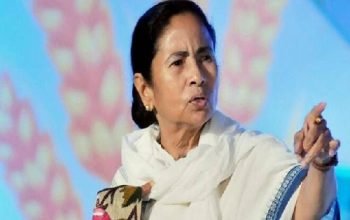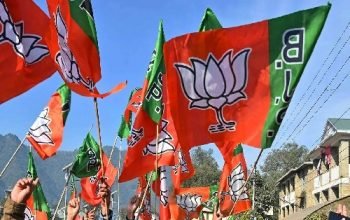BY Anubha Khan
Over 30,000 Islamic schools, also known as madrassas, can be found dotted over Pakistan’s terrain. As part of the plan to stop spread of radicalisation, Pakistani government has made a decision to implement significant curricular changes in these madrassas. As they are mostly privately financed and are not under the supervision of the government, there has been a long-standing reality that they generate graduates who are untrained and who are immersed in bigoted interpretations of Islam. Creation of a Single National Curriculum (SNC), to be used in public, private, and madrassa schools as well as throughout all provinces and territories, was announced by the federal education ministry of Pakistani government in 2019. According to the ministry, the motive behind this policy is to do away with the imbalances in the education system, boost the quality of education, and encourage impartiality of opportunity for all students. This curriculum revision began with the first phase, which was put into effect in August 2021. During this phase, the curricula and textbooks for grades Pre-1 to 5 in all disciplines were prepared. It is anticipated that the second and third stages will be put into effect subsequently.
The changes would include the introduction of contemporary topics like science, teaching of skills, and English language, social sciences, as well as exclusion of sections that enflame animosity against a specific cluster of people. According to Ministry of Education in Islamabad, the government would shoulder the financial cost of introducing these important changes at madrassas, which are a key source of education for children from low-income families. It is maintained that the religious leaders and the benefactors of these institutions would be engaged in the process of rewriting the curriculum and that they will be given confidence in the matter. Madrassa students will be able to graduate with contemporary skills as a result of these changes, and this move will open up tremendous job opportunity for them at par with those available to individuals who graduate from colleges and universities. According to the plan, which is still in its initial phases of progress, the government is making provisions to arrange instructors in madrassas to teach English, scientific courses, and skills. In addition to this, the madrasas would be outfitted with scientific labs. Even though they are often held responsible for radicalization in Pakistan, madrassas continue to be the only places where underprivileged students get free education in religious matters. Taking after the format of traditional boarding schools, they provide free meals as well as a place to sleep. The response so far has been positive for these reforms, given that the government has agreed to work with madrassa administration. The administration has also have agreed to expand the madrassah curriculum to mainstream subjects. The government policy is focussed on running madrassas in principle with the mainstream education while preserving the autonomy of Madrassa teachers, it is too early to say whether reforms will succeed in letter and spirit, however, the public response so far has been on the positive side given the needs of unemployed youth these madrassas produce.
Unemployment and poor living standards is a cause of concern for millions of youth in countries across South Asia. The situation becomes grimmer if the data of madrassa graduates is considered separately. Interestingly, the problem is not confined to Pakistan alone but countries like India and Bangladesh too are facing similar situation. With millions of Muslim youth taking education from Madrassa, there is an urgent need to bring the madrassa curriculum at par with the conventional education system to ensure holistic development of the country. Pakistan has already taken the first step in the right direction, its time for other countries to show their vision and mettle.
(The views expressed in the article are personal to the author. It has nothing to do with janlekh.com management.)




